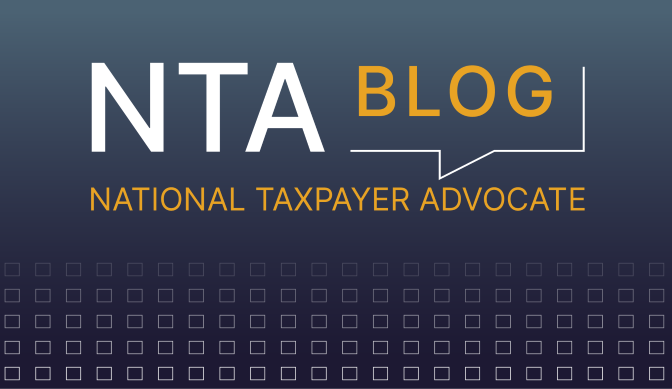The Gig Economy: A Double-Edged Sword
The gig economy stands as one of the defining innovations of the 21st century, fundamentally transforming how people earn a living. It offers unprecedented flexibility, independence, and opportunity on a global scale. From U.S.-based platforms facilitating software development and cybersecurity freelancing to ride-hailing, delivery, and home services, the gig economy has opened doors for tens of millions of workers both domestically and internationally.
Empowerment Through Flexibility
For many, gig work serves as a source of supplemental income or a pathway to building a small business on their own terms. It’s not merely about convenience; it represents a new engine of economic empowerment that taps into the entrepreneurial spirit. Gig workers enjoy the freedom to choose their schedules, clients, and projects, allowing them to tailor their work lives to fit personal needs and aspirations.
The Threat of Overregulation
However, this engine of opportunity is under threat. The International Labour Organization (ILO) has initiated negotiations in Geneva to establish new global labor standards for “platform work.” These proposed rules aim to address critical issues such as worker classification, data usage, pay transparency, and algorithmic management. The United States must take a leadership role in shaping these standards; otherwise, a rigid, one-size-fits-all framework could emerge, stifling innovation and misrepresenting the nature of gig work globally.
Lessons from California
The consequences of overregulation are evident in California’s Assembly Bill 5, which attempted to reclassify most independent contractors as employees. Instead of enhancing livelihoods, this legislation led to chaos. Freelancers across various sectors—media, transportation, tech, and the arts—lost contracts overnight, and self-employment rates plummeted. It took a voter revolt and significant economic fallout for lawmakers to acknowledge their missteps, resulting in a series of exemptions that highlighted the law’s shortcomings.
A Global Standard at Risk
Now, the ILO seeks to make California’s AB 5 the global gold standard for the gig economy, which poses significant challenges. The current draft fails to differentiate between self-employed gig workers and those who resemble traditional employees. This oversight ignores a fundamental truth: millions of gig workers actively choose self-employment for the freedom it provides. The ILO’s proposals risk stripping away that freedom, replacing it with bureaucratic constraints reminiscent of California’s regulatory landscape.
Impact on Global Opportunities
Such an outcome would not only restrict U.S. companies but also diminish opportunities for millions who rely on digital platforms for income, both in the U.S. and abroad. The ripple effects would extend to customers and communities that depend on these services, ultimately harming the very fabric of economic opportunity that gig work has woven.
A Call to Action
The Trump administration is committed to advocating for the foundational values that have shaped America: the freedoms to choose one’s path, build a business, and collaborate freely in pursuit of prosperity. Domestically, efforts are underway to incentivize gig work, including tax reforms aimed at allowing individuals to retain more of their hard-earned income.
The Global Landscape
U.S. companies lead the global gig economy, and their influence is crucial. These platforms empower workers worldwide, from rural areas in developing countries to refugees seeking stability and income. If American platforms are sidelined by overly burdensome international regulations, these opportunities could vanish.
Gig platforms thrive on seamless cross-border operations. Proposals mandating compliance with the laws of every country where a worker logs in risk creating a fragmented legal landscape. The result would be uncertainty, increased costs, fewer contracts, and diminished services—ultimately harming both foreign freelancers and American companies. Well-intentioned labor protections can inadvertently destroy the very job opportunities they aim to create.
A Balanced Approach
In Geneva, the U.S. will advocate for international standards that promote fairness without eliminating choice. This means recognizing the diversity of gig work and respecting national legal systems. Collaboration across the U.S. government and with global partners is essential to ensure that any agreement at the ILO reflects real-world conditions and supports, rather than stifles, economic opportunity.
The Responsibility to Lead
America has both the responsibility and the credibility to guide this crucial conversation. If the U.S. does not take the lead, others may step in—potentially at the expense of our values, workers, and businesses. The Trump administration is dedicated to defending the promise of gig work, ensuring it remains open, fair, and full of opportunity for all.
In conclusion, the gig economy is a powerful force for economic empowerment, but it faces significant challenges from potential overregulation. By advocating for balanced, flexible standards, the U.S. can help preserve the freedoms that make gig work a viable option for millions around the world.
For more insights and updates on the gig economy, CLICK HERE TO READ MORE FROM THE WASHINGTON EXAMINER.
















